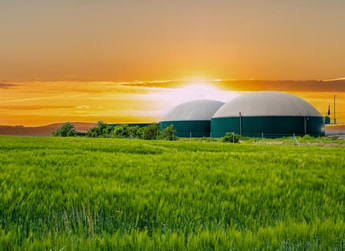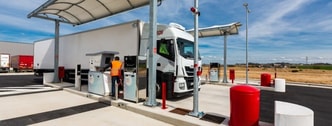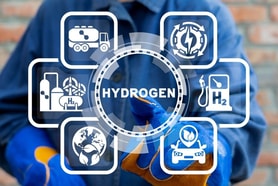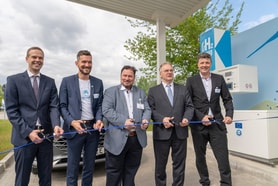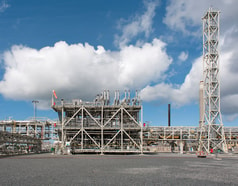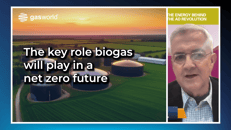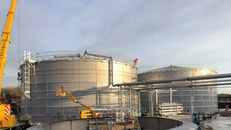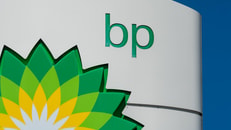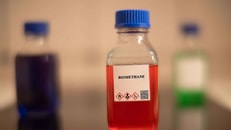Biomethane hub set to add to Tasmania gas grid
The rural town of Westbury in Tasmania, Australia is to be the location for a AU$50m renewable gas facility.
The Westbury BioHub, being developed by Optimal Group and Solstice Energy, is slated to process around 36,000 tonnes of agri-food and other organic waste into biomethane that will be injected into the gas grid.
According to Optimal Renewable Gas (ORG), a subsidiary of Optimal Group, the facility will produce 376,000 gigajoules of biomethane per year and reduce emissions by 15,000 tonnes of carbon dioxide equivalent per year from hard-to-abate sectors like industrial heat.
... to continue reading you must be subscribed


